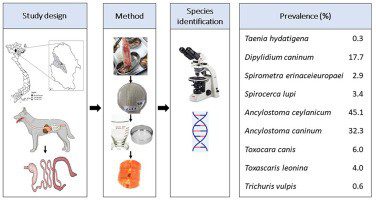
Dogs smell your emotions
Surely none of the dog lovers will argue with the fact that these animals are incredibly sensitive to recognizing human emotions. But how do they do it? Of course, they “read” the slightest signals of body language, but this is not the only explanation. There is one more thing: dogs not only see the outward expression of human emotions, but also smell them.

Photo: www.pxhere.com
How do dogs smell emotions?
The fact is that different mental and physical states change the level of hormones in the human body. And the sensitive nose of dogs easily recognizes these changes. That is why dogs can easily recognize when we are sad, scared or unwell.
By the way, this ability of dogs is one of the reasons why they become great therapists. Dogs help people cope with anxiety, depression and other unpleasant conditions.
What emotions are best recognized by dogs?
Researchers from the University of Naples, in particular Biagio D’Aniello, conducted an experiment to study whether dogs can smell human emotions. The study involved 40 dogs (Golden Retrievers and Labradors), as well as their owners.
People were divided into three groups, each of which was shown videos. The first group was shown a fear-inducing video, the second group was shown a funny video, and the third group was shown a neutral one. After that, the participants in the experiment handed over sweat samples. And dogs sniffed these samples in the presence of both owners and strangers.
It turned out that the strongest reaction in dogs was caused by the smell of sweat from frightened people. In this case, the dogs showed signs of stress, such as increased heart rate. In addition, the dogs avoided looking at unfamiliar people, but tended to make eye contact with their owners.

Photo: pixabay.com
The conclusion of scientists: dogs not only feel the fear of people, but this fear is also transmitted to them. That is, they clearly show empathy.
The results of the study are published in Animal Cognition (January 2018, Volume 21, Issue 1, pp 67–78).





